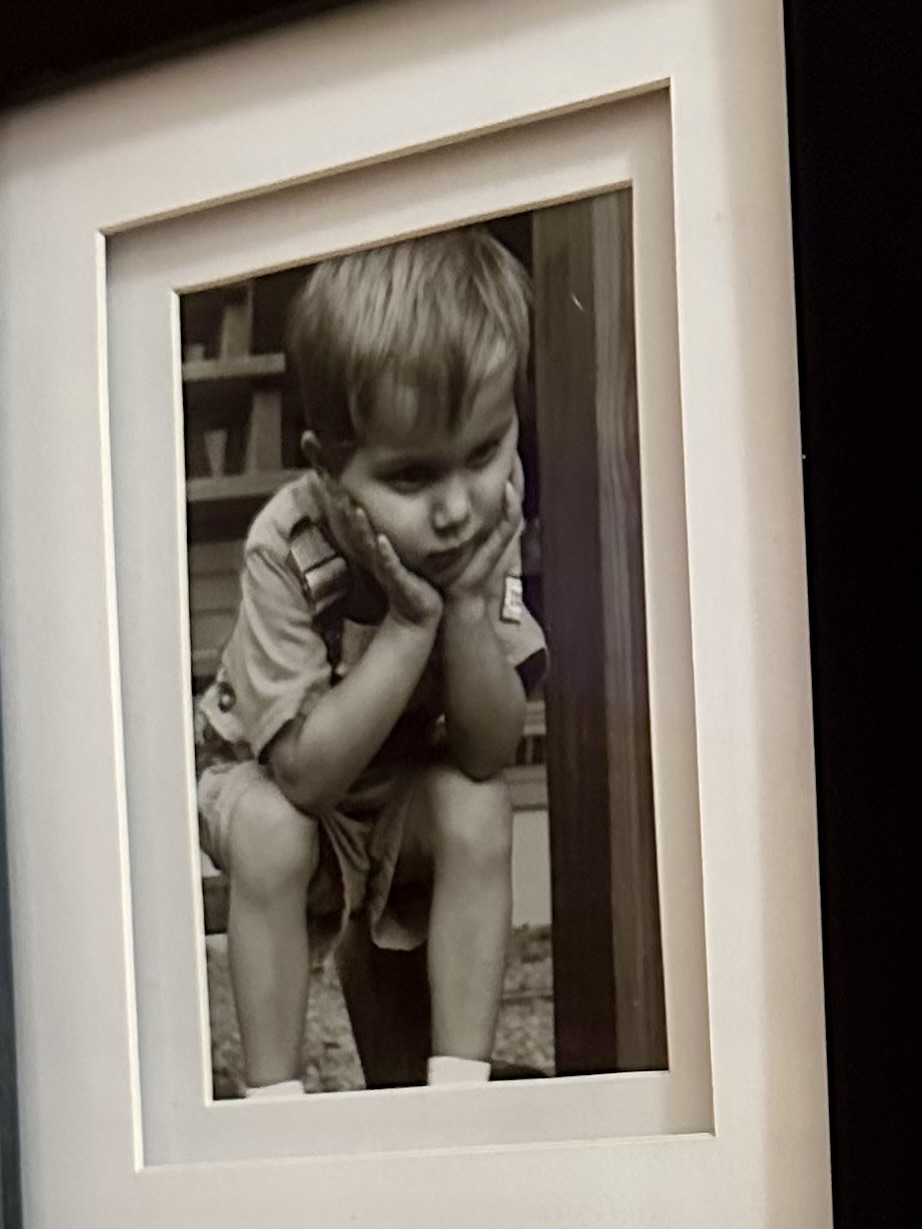I Want to Scream, Let Me!

I lost my baby. I had a miscarriage. I am angry. I am sad. I am confused. I am sick. I don't want to talk to everyone about it. I don't want to go to work. I have no appetite. I want to cry. I feel nothing. I am empty. But, I want to scream. Just let me!From Everything
A few months ago Kari embarked on one of the greatest journeys of life. She embraced it with joy and excitement and the support of her husband. They were going to be parents, and in nine short months, they would share this great responsibility, yet most rewarding adventure sought by many newlyweds. In nine short months, they would take turns rocking the baby to sleep, changing the baby's diapers, and holding the baby warm against their bodies whenever they could. In nine short months is when many said it would seem real.
But from the moment Kari learned she was pregnant, it was real. She already felt the great responsibility. She already felt the reward and adventure. She was already holding the baby warm inside her body. She watched what she ate and took care of her health, and those who knew or suspected could see the pregnancy aura in full glow around her. She moved like a goddess whose body was delicate as an iris in bloom, yet strong as a redwood tree.
As each week passed she fell more in love with the baby growing inside of her, and when she approached the end of her first trimester, she begin to share her happiness with others and plan for the future.

To Nothing
Absence of fetal heartbeat. It was written on the paperwork her husband read in the ultrasound room. They went home. Then had the news confirmed hours later by the doctor's phone call. They mourned together.
But Kari's mourning continued.
It is easy to understand the sadness that accompanies a miscarriage and offer cards, phone calls, condolences, and oftentimes a shared experience by a close friend or loved one. Miscarriages are very common - this much is true; yet the true understanding of what a woman experiences after having one is far from easy.
It was Kari's body. She felt responsible. In addition to her heartbreak, she felt guilty. She felt betrayed by her own body; weak or incapable of doing the one thing she knew she was created to do. She felt empty. mind, heart, and womb - empty.
Her mind would be a blur or a haze of fog, her mouth would go dry, she would feel awake when asleep and asleep when awake. The moments of each day held little meaning, and simple tasks took every amount of strength she could muster.
Her heart felt cold. She loved her husband, her family, and friends, but every contact and communication was bitter for her like an acidic taste in her mouth. Her bubbly personality had disappeared and there was an edge to her words, her looks, and her forced smiles. There was a twinge of vexation in her comments no matter the subject.
She no longer felt like the beautiful and strong woman of only a few short weeks ago. Her body felt foreign to her, and she no longer appreciated it the way she had before. Physical contact lacked meaning and comfort for her. Interactions with extended family left her strained and exhausted.
Nobody talks about the change a woman endures when she loses a child in utero. It is explained clinically and medically.

Miscarriage Misunderstandings
According to the National Library of Medicine's article, "A National Survey on Public Perceptions of Miscarriage, "Miscarriage is the most common complication of pregnancy in the United States, occurring in 15–20% of clinically-recognized pregnancies, or 750,000–1,000,000 cases annually."
Does this mean everyone understands it? Sadly, no.
The emotional impact of a miscarriage is NOT studied and NOT truly understood. Despite its frequency, it is still "shrouded in shame and silence, even amongst family and friends" (Bardos, et al.)
Why is it in today's advanced scientific and medical world, a woman can lose a child, a peace of her body and soul, and not have any idea why.
In 60% of miscarriages a number of reasons can be attributed to them; however, what about the other 40-% of woman who are left with physical and emotional scars but no answers.
But Why?
In Kari's case there was no medical reason found for her loss. She is one of the 40% of women who lost a child and has no answers. She is plagued with an inner voice constantly asking why it happened? Why her? What did she do wrong? What should she do differently if she tries again? And the questions go on.

How Can Someone Help?
Much like the lack of medical evidence as to why miscarriages occur, there is no set medical script for how a woman handles the trauma or for how long. Each woman and her loss is an individual experience, and her healing will follow an individual path.
If you or someone you love has experienced an early pregnancy loss, please take the time to educate yourself on it, and then make yourself available to them in the most appropriate way.
According to the article, "Supporting Someone Through Pregnancy Loss," phrases such as "I'm sorry" or "How can I help?" can be all that is needed.
Avoid phrases that begin with "...at least" you can have another baby, or you're young, etc. Even though it feels natural to say that "it was for the best" or "God knows what He's doing" avoid these phrases as they do not help the grieving mother. As mentioned the many emotions with which she is dealing far outweigh any rational reasoning, and they do not answer the haunting question of "why?".

Living With Loss
Even as a time goes on and a woman is well on her healing journey, residual fears, anxieties, and emotions can resurface as she tries to get pregnant again or even celebrates in a friend's pregnancy. There will never be complete closure or healing because a mother will always feel a connection to the baby she never met. For the rest of her life she will complete medical paperwork and have to account for her number of pregnancies and number of children. The different number will always be a reminder to her.
* names have been changed to protect the identities of those in this story
Additional Resources:





















